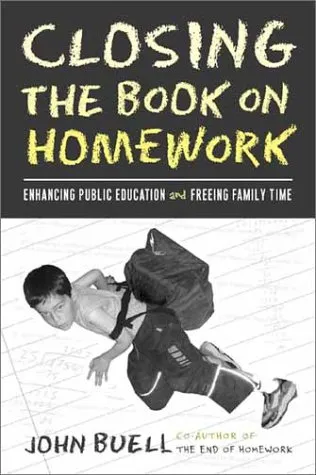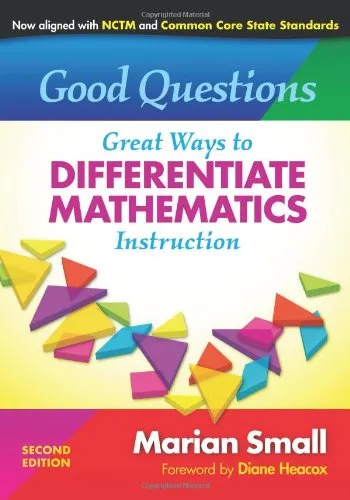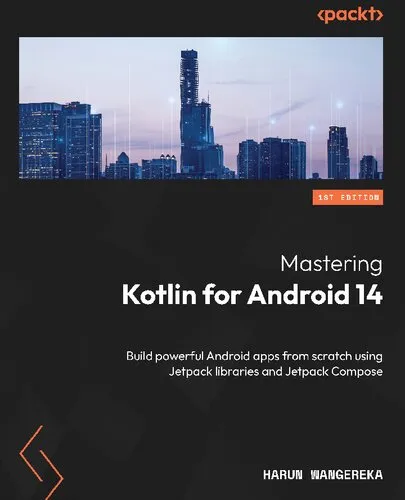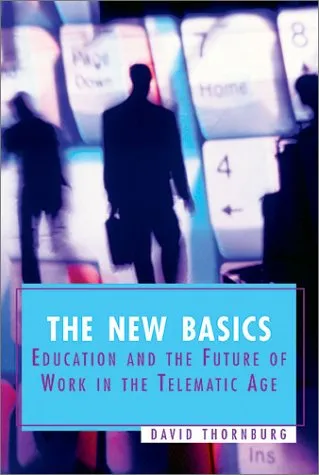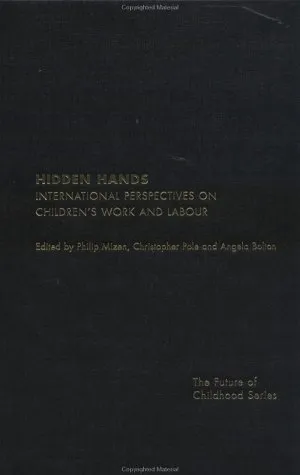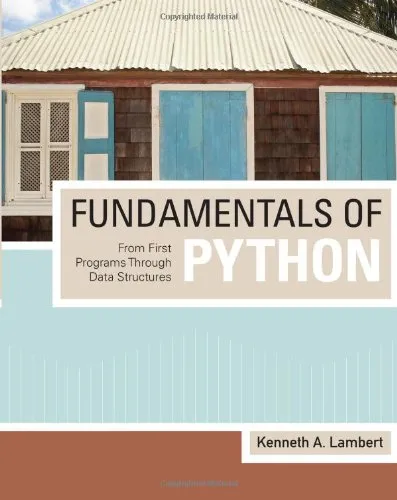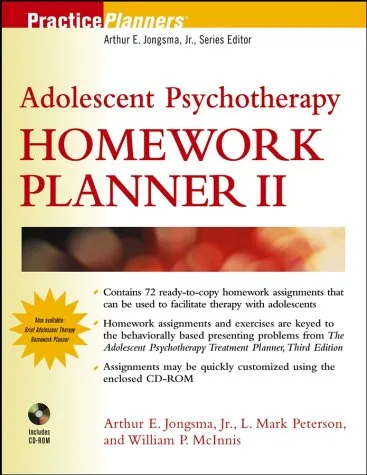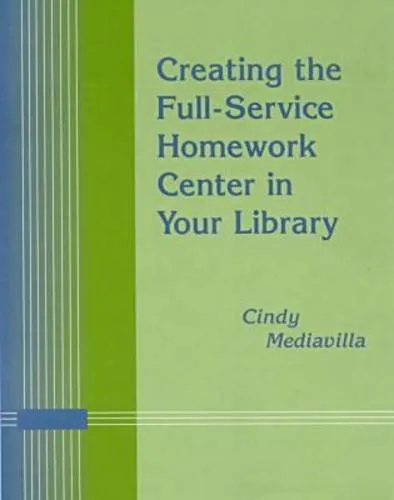Closing the Book on Homework: Enhancing Public Education and Freeing Family Time (Teaching Learning Social Justice)
4.0
Reviews from our users

You Can Ask your questions from this book's AI after Login
Each download or ask from book AI costs 2 points. To earn more free points, please visit the Points Guide Page and complete some valuable actions.Related Refrences:
Introduction to "Closing the Book on Homework: Enhancing Public Education and Freeing Family Time"
"Closing the Book on Homework" delves into one of the most debated topics in education: the value and impact of homework on students, families, and the broader educational system. This book challenges conventional thinking about homework by offering a critical lens on how it affects family time, equity in education, and social justice. As part of the Teaching Learning Social Justice series, this text invites educators, policymakers, and families to rethink the role of homework in fostering meaningful learning experiences while addressing broader systemic inequalities.
This book explores the intersection of educational practices and their societal implications, making the case for reducing or even eliminating traditional homework as a standardized component of schooling. By scrutinizing how homework influences student achievement, family relationships, and socioeconomic divides, I aim to advocate for reforms rooted in pedagogical research and social justice principles. Let’s take a closer look at the key components of the book and why its message is so timely and important in today’s educational landscape.
Detailed Summary of the Book
In "Closing the Book on Homework," I begin by unpacking the historical origins of homework, tracing its evolution alongside the changing landscapes of public education and societal norms. From the rigid demands of early industrialized schooling to the ongoing debates in modern classrooms, the book identifies how homework has often been regarded as essential for promoting discipline and competition. However, I argue that these assumptions have not been thoroughly examined in terms of their real-world impact.
Throughout the text, I question whether traditional homework genuinely contributes to academic success or whether it exacerbates stress, inequities, and disengagement. Research findings are presented to showcase how homework disproportionately affects students from low-income families, who may lack the resources, time, or stable environments to complete assignments effectively. I also discuss its implications on teacher workloads and the growing concern over the quantification of learning.
The book is organized into an accessible structure that alternates between critical analysis, research-based insights, and practical solutions. From policy reforms to classroom strategies, I provide concrete recommendations for reducing the overreliance on homework while fostering more equitable, inclusive, and effective educational practices. By prioritizing collaborative and in-class learning over rote, repetitive tasks, I advocate for a system where students, parents, and teachers can thrive.
Key Takeaways
- Homework often reinforces existing inequities in education by disadvantaging students from diverse socioeconomic backgrounds.
- Excessive homework creates unnecessary stress on students and families, limiting opportunities for quality family time and extracurricular activities.
- There is no conclusive evidence linking large amounts of homework to improved student achievement, especially in early grades.
- Reducing or eliminating homework can allow more time for in-depth, community-based, and experiential learning opportunities.
- Teachers should focus on creating meaningful, engaging classroom experiences that negate the need for take-home assignments.
Famous Quotes from the Book
"Homework is not just an academic tool; it is a cultural artifact, shaped by societal values, biases, and inequities."
"When we assign homework, we must ask ourselves: Are we assessing the student’s understanding or their access to resources?"
"Family time is not a luxury; it is a crucial foundation for development, creativity, and emotional well-being."
Why This Book Matters
This book is not just an educational critique—it is a call to action aimed at reimagining the future of learning. As classrooms grow more diverse and the demands on families increase, it is vital to challenge traditional assumptions that no longer serve students equitably or effectively. By pushing back against the entrenched "more homework equals better learning" mindset, the book lays the groundwork for a more humane, ethical, and research-informed approach to schooling.
Through its focus on social justice, "Closing the Book on Homework" amplifies the voices of students and families who are often marginalized in mainstream educational discourse. It empowers teachers and administrators to reframe their practices, shedding light on the broader cultural and structural changes needed to ensure an equitable system. Above all, this book highlights the irreplaceable value of family connections and personal growth, making a compelling case to prioritize these aspects over outdated educational norms.
"Closing the Book on Homework" is particularly relevant in today’s climate of growing awareness about mental health, equity, and sustainable teaching practices. It challenges readers to see beyond conventional metrics of academic success and to reimagine education as a tool for both personal empowerment and collective transformation. By doing so, it moves us one step closer to an education system that truly serves everyone.
Free Direct Download
You Can Download this book after Login
Accessing books through legal platforms and public libraries not only supports the rights of authors and publishers but also contributes to the sustainability of reading culture. Before downloading, please take a moment to consider these options.
Find this book on other platforms:
WorldCat helps you find books in libraries worldwide.
See ratings, reviews, and discussions on Goodreads.
Find and buy rare or used books on AbeBooks.
1308
بازدید4.0
امتیاز0
نظر98%
رضایتReviews:
4.0
Based on 0 users review
Questions & Answers
Ask questions about this book or help others by answering
No questions yet. Be the first to ask!
